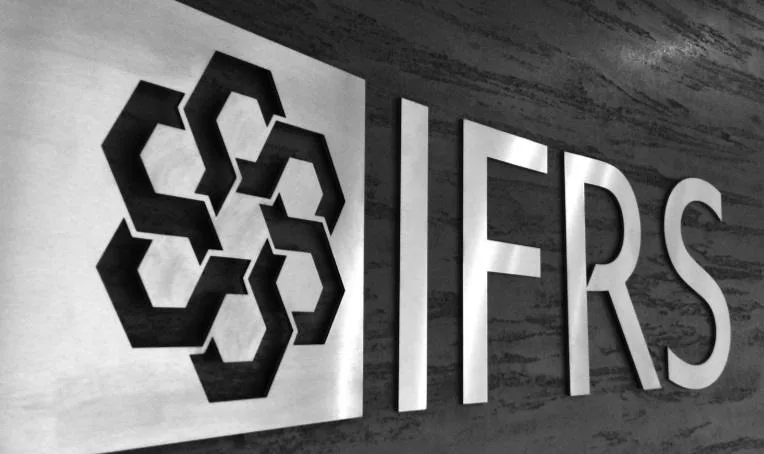The IFRS Foundation’s International Sustainability Standards Board (ISSB) announced today a series of changes to its climate-related disclosure standard, aimed at easing some requirements for companies related to reporting on greenhouse gas (GHG) emissions.
While the changes would affect a wide range of companies reporting on climate-related issues under the standard, the amendments would most significantly impact requirements for financial sector companies, with new reliefs introduced allowing entities to exclude Scope 3 emissions reporting associated with derivatives, facilitated emissions or insurance-associated emissions.
The ISSB was launched in November 2021 at the COP26 climate conference, with the goal to develop IFRS Sustainability Disclosure Standards to provide investors with information about companies’ sustainability risks and opportunities. The IFRS released the inaugural general sustainability (IFRS S1) and climate (IFRS S2) reporting standards in June 2023. To date, more than 35 jurisdictions have started the process to use the standards.
According to the ISSB, the new proposed changes to IFRS S2 are being made in response to market feedback, addressing specific application challenges, and with a focus on making it easier for companies to apply the standards while retaining the decision-usefulness of information for investors, rather than to reduce GHG emissions disclosures.
Sue Lloyd, ISSB Vice-Chair, said:
“It is the role of a responsible standard-setter to listen to market feedback from the earliest implementation stages, and to support preparers in the application of our Standards. As a market-focused standard-setter, we have taken steps to respond in a timely manner by proposing targeted amendments helping preparers where possible, without causing too much disruption and ensuring that our Standards continue to enable the provision of decision-useful information to investors.”
One of the key proposed changes to the climate-related disclosure standard is an amendment to Scope 3 category 15 emissions, which is focused on value chain emissions relating to investments, such as financial services companies’ investment, financing and capital markets activities. Under the proposed amendment, entities would be permitted to limit disclosure to financed emissions, and exclude emissions associated with derivatives, facilitated emissions or insurance-associated emissions. In order to enable users of the reporting to understand the magnitude of emissions being excluded, the ISSB also proposed adding a requirement for companies to disclose the amount of derivatives or other financial activity being excluded from the Scope 3 disclosure.
Additional changes proposed include an amendment for entities with commercial banking or insurance activities reporting on financed emissions to provide relief from a requirement to use the Global Industry Classification Standard (GICS), in some circumstances, in disclosing disaggregated financed emissions information, as well as permission for reporting companies to use jurisdiction-required Global Warming Potential (GWP) values that are not from the latest Intergovernmental Panel on Climate Change (IPCC) if required by a jurisdictional authority to use other GWP values, and clarification on the jurisdictional relief to use a measurement method other than the Greenhouse Gas Protocol for measuring GHG emissions.
The ISSB released its proposed amendments in an Exposure Draft, which is open for comment for 60 days, until June 27, 2025.
Click here to access the exposure draft and response form.
